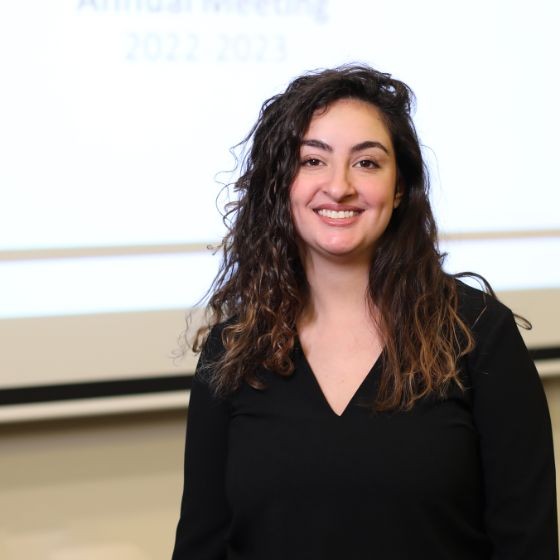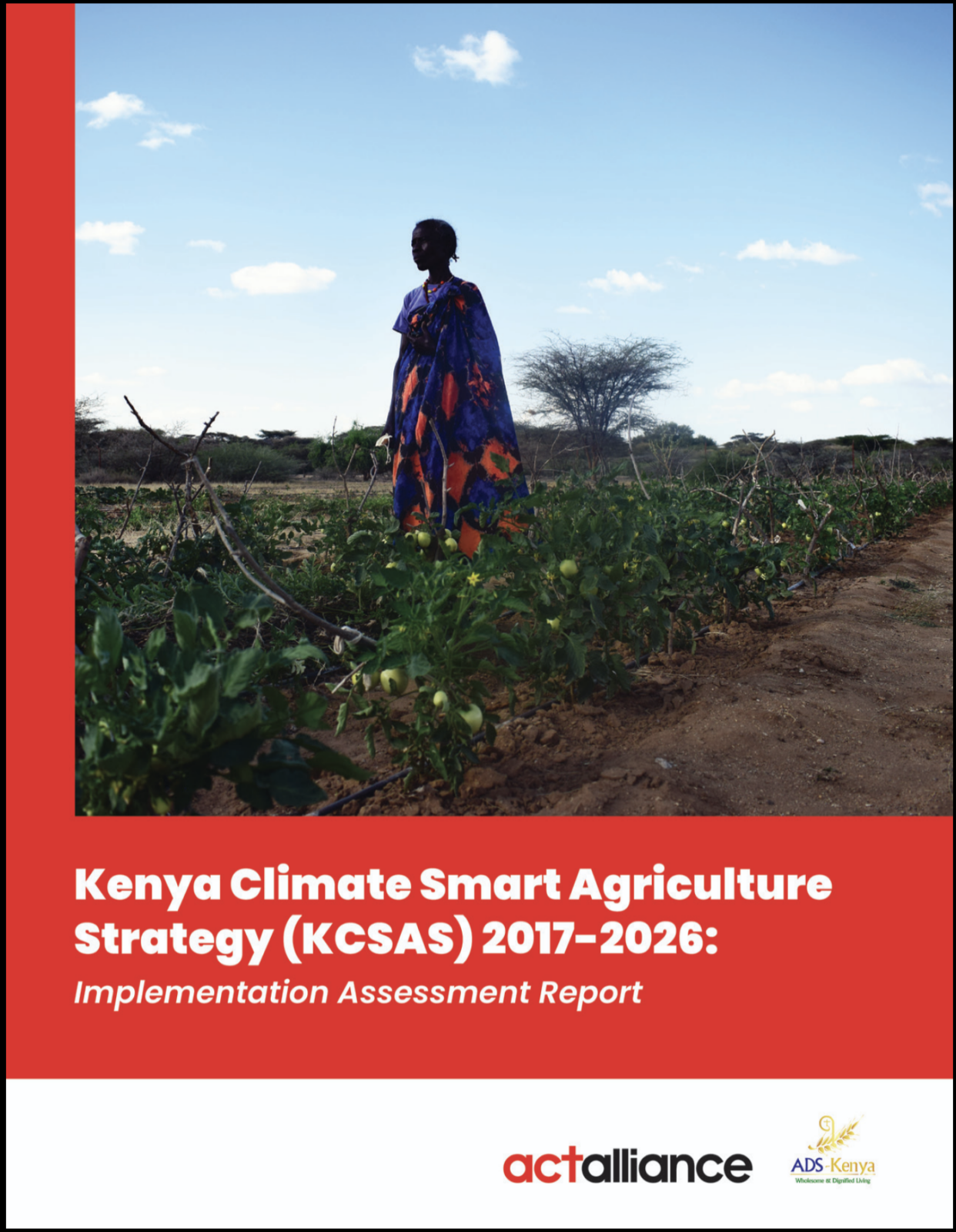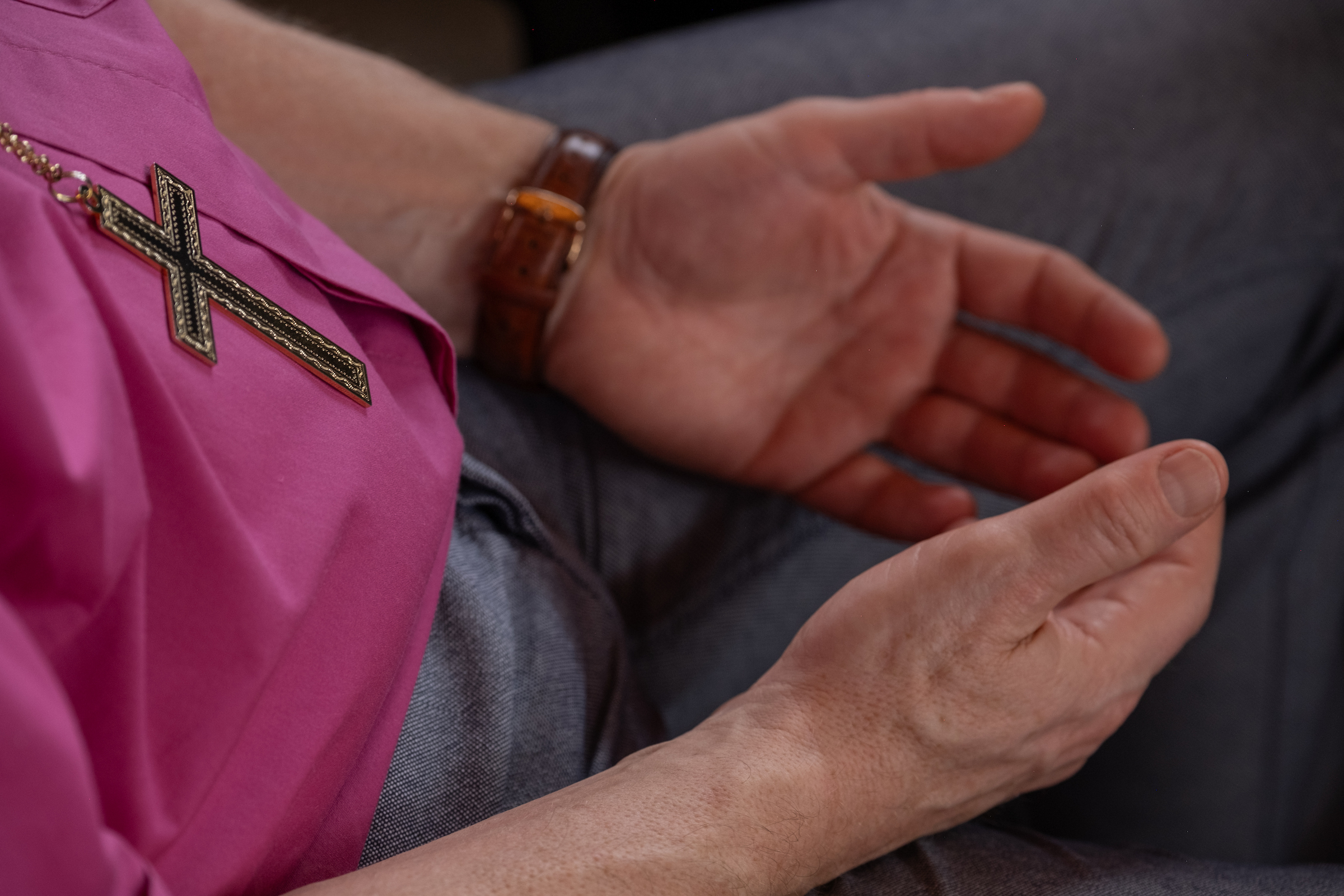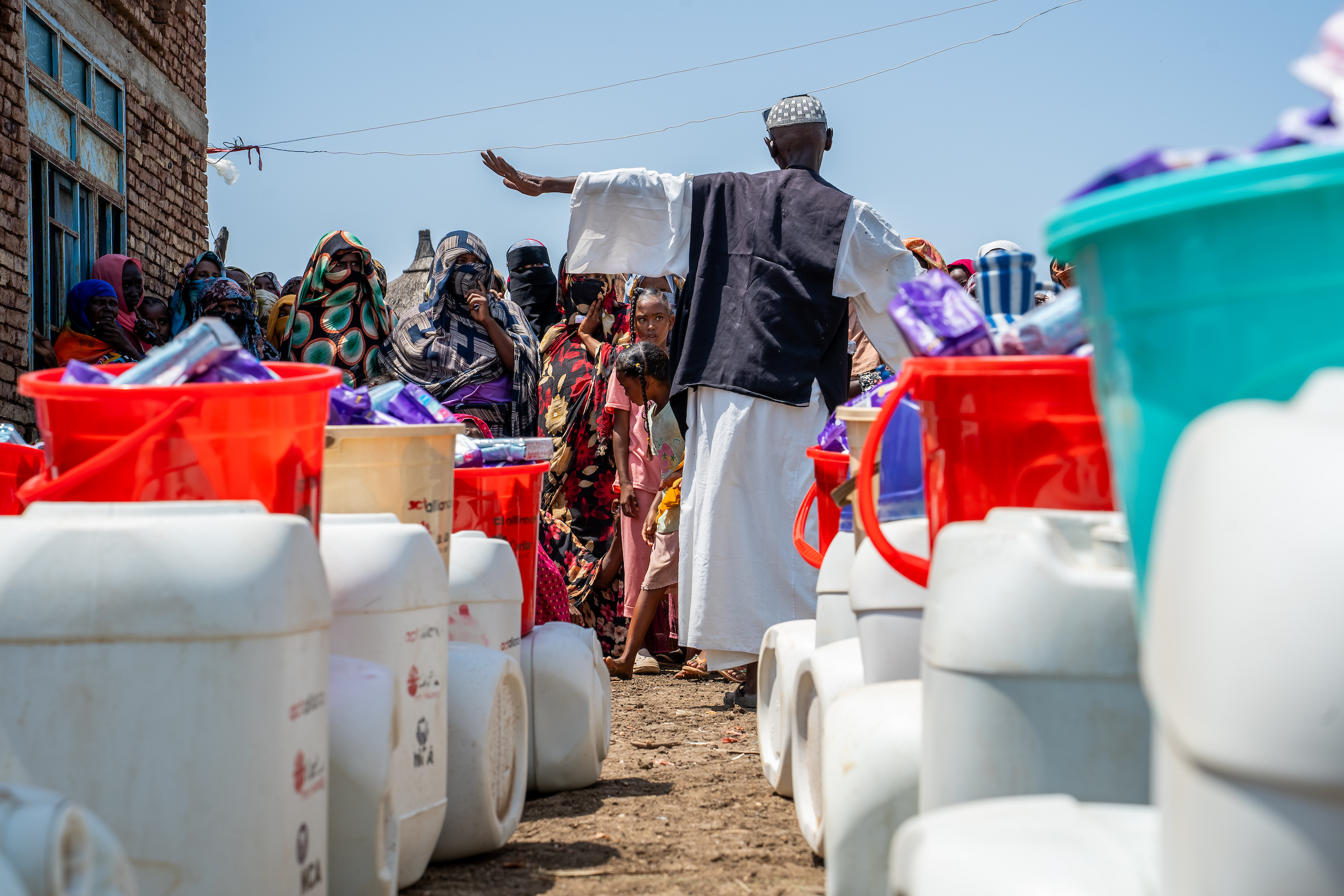By Sara Savva
According to the IPCC Sixth Assessment Report the MENA region is an arena of climate risks. These include high vulnerability to greater water scarcity; food insecurity; ecosystem losses; and deteriorating human health. These are due to the exacerbated dynamics of conflict and fragility, especially in Syria, with its 13-year ongoing crisis contributing to displacement, acute humanitarian needs and instability.
To date, humanitarian interventions are responding to immediate needs. However, they are not yet well placed to address both the longer-term impacts of climate shocks, support resilient recovery, or address its root causes.
Recognising this gap, the international community has repeatedly acknowledged that scaling up climate finance and action in fragile and conflict affected countries (FCS) is crucial in fulfilling the Paris Agreement and the Sustainable Development Goals.
However, even within the broader category of FCS there are huge disparities in terms of access to climate finance. In the MENA region, conflict-affected countries have consistently received far less adaptation finance compared to other fragile states. Meanwhile, millions of displaced people inside Syria, highly vulnerable to climate impacts, rely on humanitarian aid because their livelihoods have been undermined by both climate change and conflict.
As part of its mission to address the climate crisis by bridging knowledge with climate action, GOPA-DERD emphasises the need for mobilising climate finance that links the humanitarian response to longer-term adaptation and resilience efforts.
Adaptation finance should be oriented to the needs of people – not along political fault-lines. The people in Syria should not left behind. Funding should get resources needed for adaptation and loss and damage, on time, to the people of Syria.
Practically, this should be reflected in the new collective quantified goal (NCQG) as well as in the Global Goal for Adaptation indicators. The NCQG must increase and simplify direct access to climate finance. This means decentralizing decision making to the lowest appropriate level by giving local institutions, local NGOs, and communities more direct access to finance, and support the long-term development of locally led responses.
Sara Savva, an ACT COP29 Delegate, is Deputy Director-General of ACT member GOPA-DERD in Syria.
In the photo: Sara Savva, left, participates in an action at COP29 with other ACT members, drawing attention to the need for improved climate finance. PHOTO: Albin Hillert/LWF




